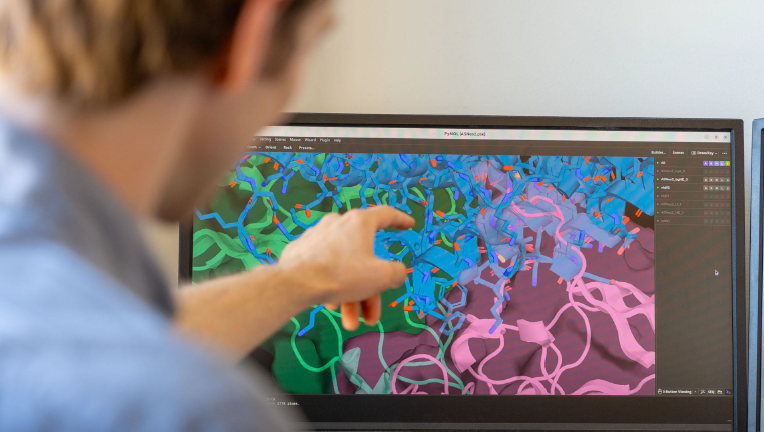Researchers at the University of Washington (UW) have developed a groundbreaking molecular switch that significantly enhances the speed of protein interactions, a critical advancement in drug design. This innovation, led by graduate student Adam Broerman under the guidance of Nobel Laureate David Baker, allows for binder dissociation rates to be increased by as much as 6,000-fold, addressing a longstanding challenge in pharmacology where slow dissociation can lead to adverse drug effects.
The implications of this research are profound. By enabling rapid control over protein interactions, the designed switches can facilitate safer therapeutic applications, particularly in cancer treatment where cytokines like interleukin-2 (IL-2) are notorious for their toxic side effects. The ability to silence immune responses on demand could allow for more precise dosing strategies, improving patient outcomes while minimizing risks.
Moreover, the study’s findings, published in Nature, suggest that these molecular switches could be adapted for various applications, including rapid biosensing for diseases and environmental monitoring. As the field of protein design evolves, the potential for these switches to revolutionize drug development and safety mechanisms is significant, paving the way for more effective and responsive therapeutic interventions.
Get started today with Solo access →



